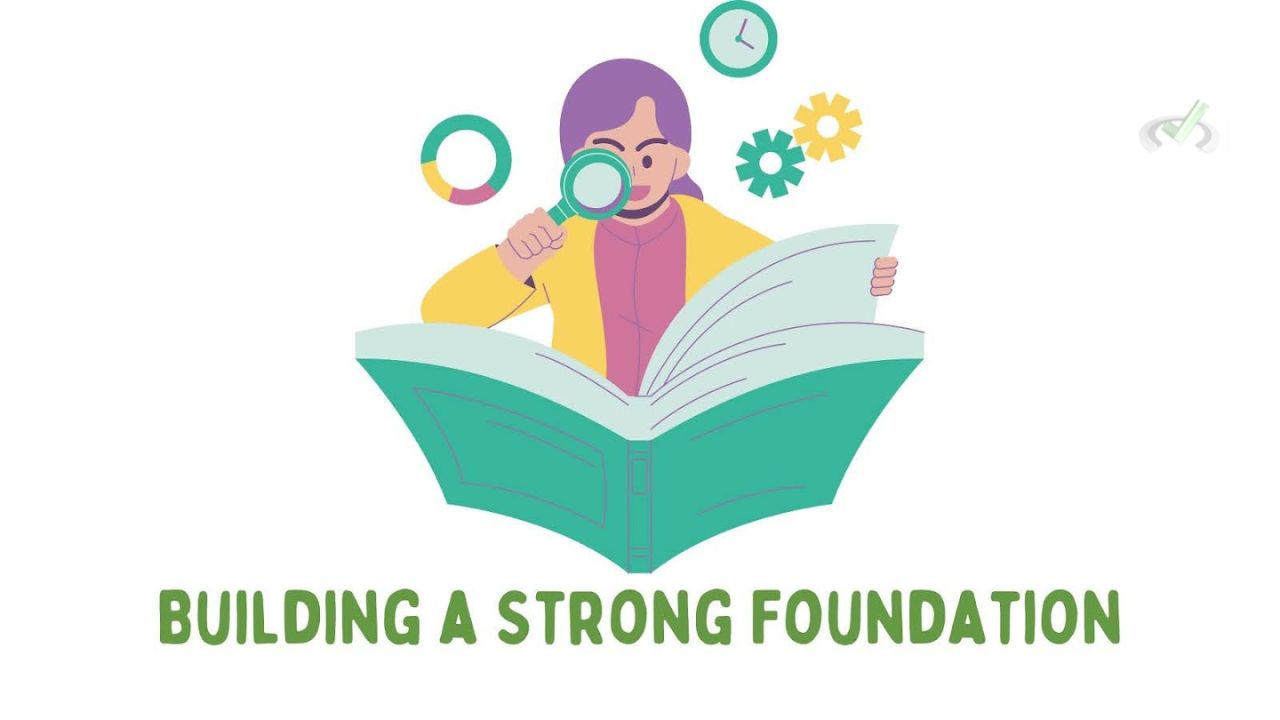
Here’s the truth: Passing the NCLEX-RN can feel like facing a mountain. Roughly one out of every five test-takers fails on their first try. That number alone might feel overwhelming, but with a 45 day NCLEX study plan, you’ll be ready to conquer that mountain with a steady climb. This guide doesn’t just map out what to study.
It provides you with a thorough step-by-step plan for handling every subject practice test questions and to avoid taking any chances.
Therefore if you're prepared let's take things one day at a time and establish a study schedule that meets all of your needs. To follow this plan, gather your notes, schedule some time and get comfortable. You will know you have studied every topic the NCLEX covers by the time test day arrives. Let's get going.
Why 45 Days? The Perfect NCLEX Study Timeline
Let’s talk about why 45 days works so well. You need time—enough time to cover each without rushing but not so much that you lose momentum. Studies show spaced repetition helps retain information better than cramming, so the 45-day plan ensures that you’re seeing, reviewing, and practicing essential content regularly.
Here's how the timeline works:
Overview of the 45 Day NCLEX Study Plan
Our 45 day NCLEX study plan divides your study time into weekly themes. Each week, you’ll focus on specific NCLEX content areas. You’ll revisit these topics multiple times in different ways to lock down both knowledge and skills.
Week 1: Building a Strong Foundation

In Week 1, you’ll lay down the groundwork by covering the core categories of the NCLEX-RN blueprint. This week is all about grasping the basics so that every other topic builds on a solid understanding.
Day 1-2: Understand the NCLEX Blueprint
The NCLEX blueprint is your roadmap. It splits the exam into four big categories: Safe and Effective Care Environment, Health Promotion and Maintenance, Psychosocial Integrity, and Physiological Integrity. Every question falls into one of these categories, so it’s important to know them well.
Day 3-4: Safe and Effective Care Environment
Let’s start here with the NCLEX tests how you keep patients safe while meeting legal and ethical standards. Infection control, patient rights, and incident reporting show up in this discussion.
Day 5-7: Health Promotion and Maintenance
We will focus on keeping people healthy through prevention and wellness. It includes understanding how health needs change as people grow.
Week 2: Diving Deeper into Key NCLEX Content
This week you go beyond the fundamentals and concentrate on patients' physical and mental well-being. The fundamentals of mental health therapeutic communication and important physiological concepts will all be covered.
Psychosocial Integrity Day 8–10
Psychosocial Integrity addresses patients' mental and emotional needs in addition to their physical health. It deals with mental health, helping patients cope with life changes, and using effective communication skills.
Physiological Integrity Fundamentals Days 11–14
Science enters the picture here. It entails being aware of the body's typical functions and reactions to disease.
Week 3: Expanding Your Clinical Understanding
In Week 3 you'll start learning fundamental clinical knowledge and practical nursing skills. From pharmacology to documentation, this week prepares you for the hands-on aspects of patient care that show up frequently on the NCLEX.
Day 15-17: Pharmacology Essentials
Pharmacology doesn’t need to feel overwhelming if you break it down. Get comfortable with the common drug classes and review essential calculations for dosages and IV rates.
Day 18-21: Clinical Procedures and Nursing Skills
Practical, hands-on skills are a huge part of nursing, so we will cover clinical procedures you’ll use daily. Vital signs, wound care, injections, and catheter care fall into this.
Strengthening Your Critical Thinking in Week 4
Practical, hands-on skills are a huge part of nursing, so we will cover clinical procedures you’ll use daily. Vital signs, wound care, injections, and catheter care fall into this.
Day 22-25: Advanced Physiological Integrity
It's time to take on more challenging subjects now that you have established a foundation. Heart failure, COPD diabetes and stroke are among the advanced body systems and illnesses covered this week.
Day 26-28: Complex Patient Care Scenarios
This part requires you to combine what you’ve learned and apply it to cases where patients have multiple health needs. This is where critical thinking becomes essential.
Week 5: Mock Exams and Self-Assessment

In Week 5, it’s all about testing your knowledge with full-length exams. You’ll use these mock tests to identify strengths, find areas for improvement, and fine-tune your approach before the final review week.
Day 29-32: Full-Length Practice Exams
Practice exams put your skills to the test. These exams are a critical part of the 45 day NCLEX study plan and let you see how well you perform under timed conditions.
Day 33-35: Targeted Review Based on Mock Exams
Review any weak areas that stood out during the practice exams. Take advantage of this time to learn more and focus on any areas in which you lack confidence.
Week 6: Concluding Recap and Confidence Builders
Everything comes together in this last week which focuses on high-yield subjects and improves test-taking techniques. This weeks emphasis on confidence and mental preparation will guarantee that you enter the NCLEX feeling composed and prepared.
Day 36-38: High-Yield Content Review
High-yield topics are the ones that often appear on the NCLEX. This includes core clinical skills, patient prioritization, and emergency care.
Day 39-42: Mental and Test-Taking Prep
NCLEX success involves more than knowing the content—it requires strategy. Test-taking skills help you keep calm and approach questions wisely.
Day 43-45: Rest and Relaxation
These final few days are all about remaining calm and collected after weeks of preparation. You've worked hard now give yourself permission to relax.
Tips for Success with the 45 Day NCLEX Study Plan
A solid study plan needs a few practical habits to keep it effective. Keep your study space distraction-free, stick to a daily schedule, and incorporate active practice to lock in knowledge and build real test-day confidence.
Conclusion: Believe and Succeed!

The 45 day NCLEX study plan offers a straightforward, organized way to prepare. With daily topics and targeted practice, you’ll cover each essential area in time to feel fully prepared for exam day. This plan isn’t just about studying—it’s about truly understanding nursing concepts so you can answer with confidence.
Stick to the schedule, believe in your progress, and know that each day brings you closer to reaching your goal. You’ve got this!
